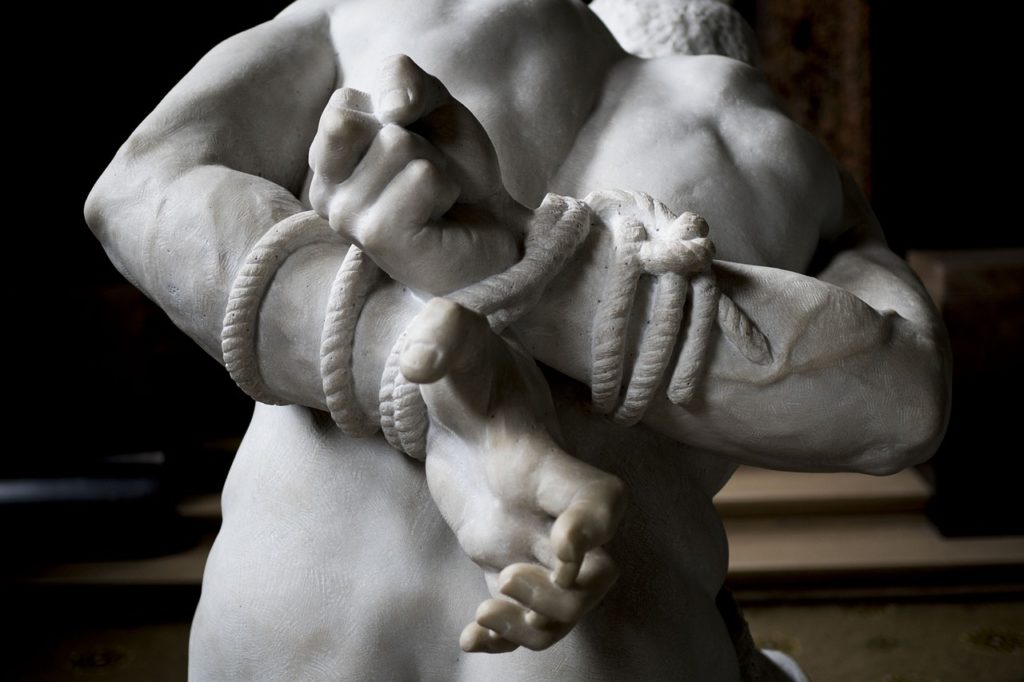
Most of us are comforted when someone connects with us at our point of suffering. They express concern, care, and in the best cases, they are able to connect with our suffering by accessing an experience they have had themselves. The greater the level of shared experience, the greater the comfort or connection. A person gets cancer and is going to receive treatment. Friends and family shave their heads in solidarity with the sufferer. A shared experience to demonstrate love and establish connection. The person then spends time in the cancer ward and becomes friends with others who are also fighting cancer. A much stronger shared experience and more encouragement and bond.

With this in mind, we then look at how God reveals Himself to us in the Bible. Here is God choosing to become human, live like a human, and die like a human. Rather than try to give us commands to make us god-like, He becomes human. In John 1 it tells us that God became flesh and lived in our midst. This Christmas we will celebrate the beginning of that process as God doesn’t just come down and try out being human for a few days, but instead He experiences every facet of human experience. The almighty Creator of the universe experiences life as an unborn baby, as a newborn, as a small child who isn’t potty trained, as a youth needing to obey his parents. He becomes an adult and experiences loss, hunger, sadness, and finally experiences fear, abandonment and betrayal, pain, rejection, and death by torture.
He didn’t have to. He chose to. To connect with us. Using the opening analogy, He didn’t shave His head to show sympathy, He gave Himself the worst terminal cancer He could, just so He could connect with us in our sorry state. He loved us that much. We often don’t think through that. We might understand that Jesus died for our sins, but we miss that part of the whole process was to share in our sufferings and take them on Himself. As a result, we don’t have someone representing us in heaven who can’t sympathize, but one who has gone through it all. The Bible says because of this, we can approach Him with confidence to receive grace and mercy in our time of need. (Hebrews 4:15-16)
He gets it. When you’ve blown it. When life has kicked you in the teeth. He gets it. You need more than sympathy, you need someone who has gone through it and will show you mercy and take care of you even if you don’t deserve it. Jesus suffering gives us the confidence that we can go get that from Him. Why so confident? Because He chose to go through all that to be your Savior; to be able to connect with you.
We call it Good News.















